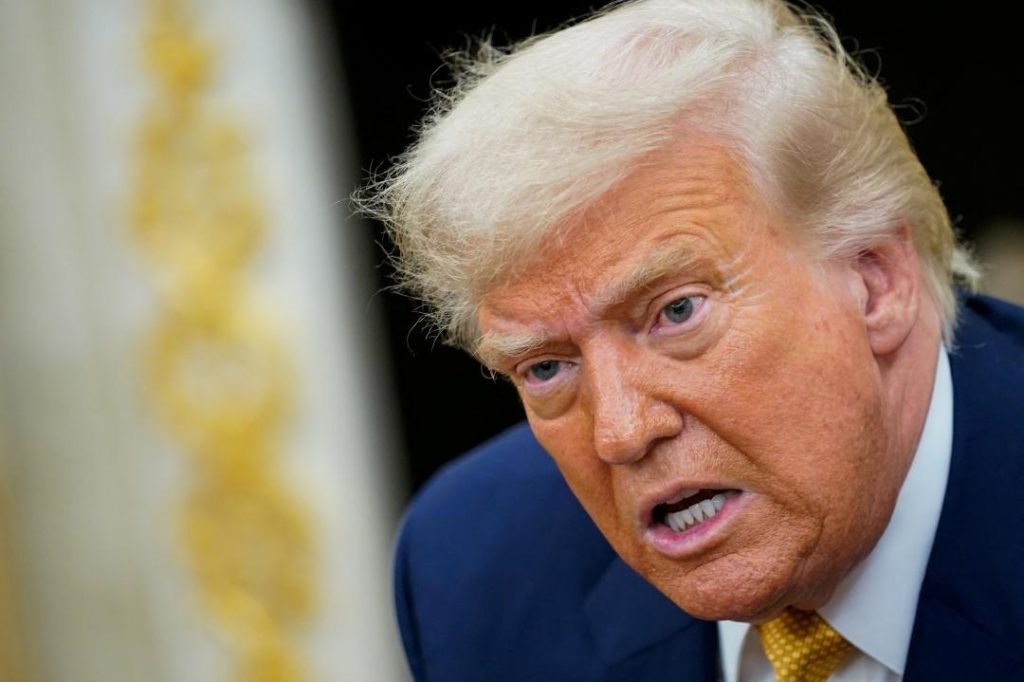
US Pressure on India Will Be Short-Lived
The ongoing tensions between the United States and India have been a topic of discussion globally, with many experts analyzing the implications of the dispute. Recently, Andrey Sushentsov, a member of the scientific advisory board under the Russian Security Council, shared his insights on the matter, stating that US pressure on India will be short-lived.
According to Sushentsov, US President Donald Trump’s negotiation tactics often involve the use of pressure to ensure better terms for the US. However, if this approach fails, Trump tends to declare a victory, quietly cancelling his earlier decisions. This sentiment echoes the ongoing debate about the effectiveness of Trump’s diplomatic approach, which has been criticized by many for its unpredictability and lack of consistency.
The US-India dispute has been sparked by the US withdrawing its offer to exempt India from sanctions imposed on countries that purchase Iranian oil. This move has led to a significant deterioration in the relationship between the two nations, with India refusing to back down on its commitment to buying oil from Iran. The US has been pressing India to reduce its oil imports from Iran, citing the US sanctions as a major concern.
Sushentsov’s statement suggests that the US pressure on India is likely to be short-lived, as the Trump administration may eventually realize that its approach is not yielding the desired results. This could lead to a re-evaluation of the US’s stance on the issue, potentially resulting in a more flexible approach.
The US-India dispute has far-reaching implications for the global energy market, as India is one of the largest consumers of oil in the world. The country’s decision to continue importing oil from Iran has significant consequences for the international energy landscape, and the US’s efforts to persuade India to change its stance have been met with resistance.
The Russian Security Council, which Sushentsov is a part of, has been monitoring the situation closely, and its members have been vocal in their criticism of the US’s approach. The council has consistently maintained that the US’s sanctions on Iran are a major threat to global energy security, and that the US’s efforts to isolate Iran are misguided.
Sushentsov’s comments are particularly significant, given his expertise on international relations and diplomacy. As a member of the Russian Security Council, he has access to sensitive information and insights that are not publicly available. His statement suggests that the US-India dispute may be more complex than it initially seems, and that the US’s pressure on India may not be as effective as it hopes.
The US-India dispute has also raised concerns about the implications for global trade and diplomacy. The US’s withdrawal of its offer to exempt India from sanctions has significant consequences for the global economy, and the situation has sparked concerns about the potential for further trade tensions and diplomatic disputes.
In conclusion, Sushentsov’s statement suggests that the US pressure on India will be short-lived, as the Trump administration may eventually realize that its approach is not yielding the desired results. The US-India dispute has significant implications for the global energy market, global trade, and diplomacy, and it will be essential for all parties involved to work towards a resolution that benefits all sides.



